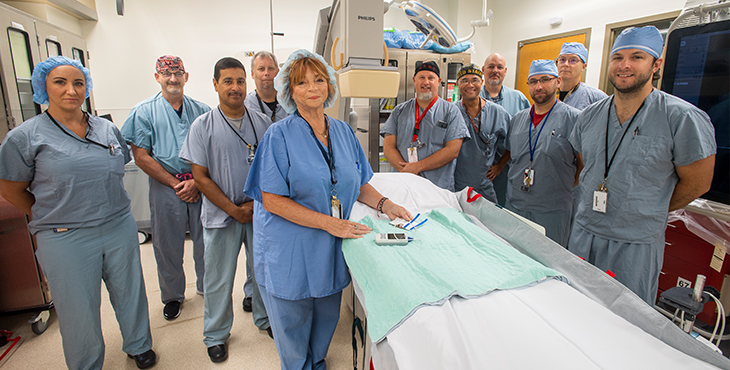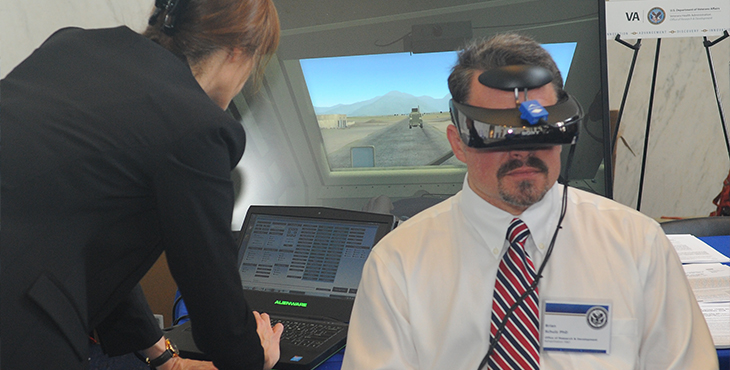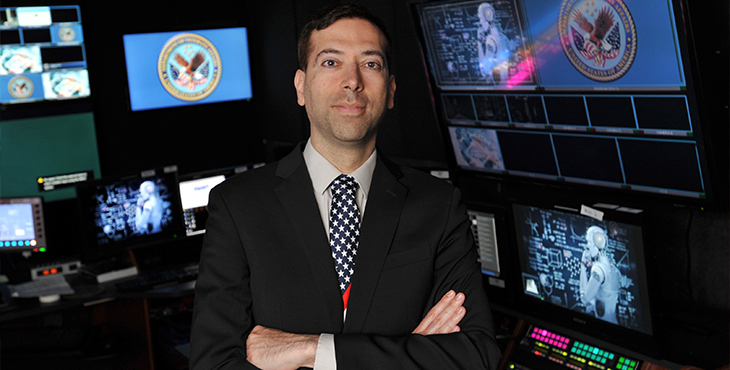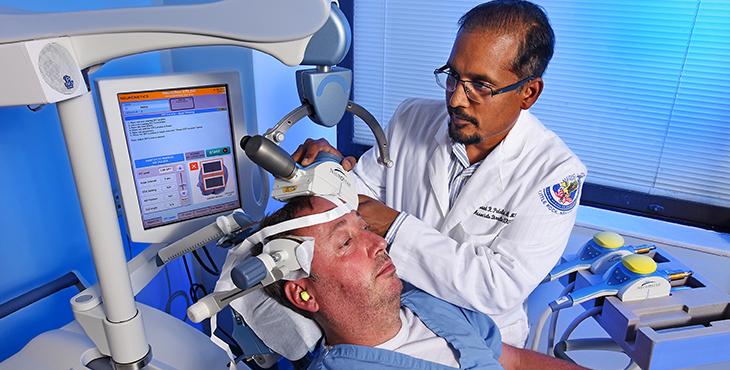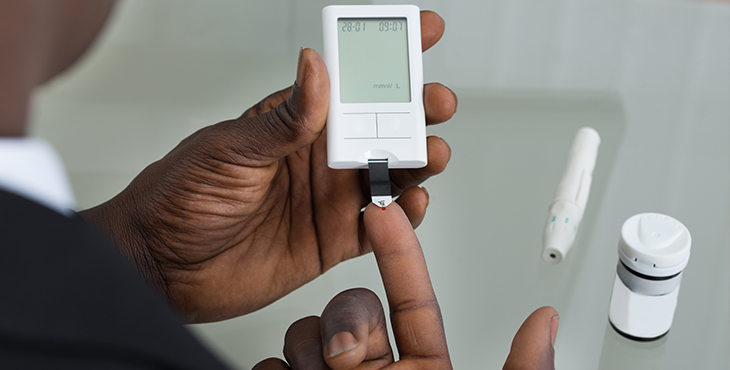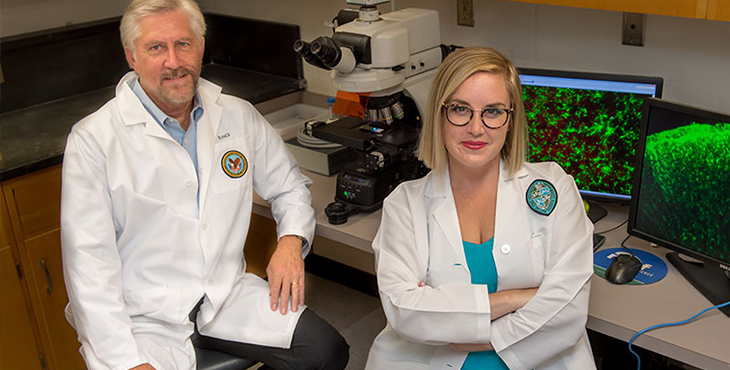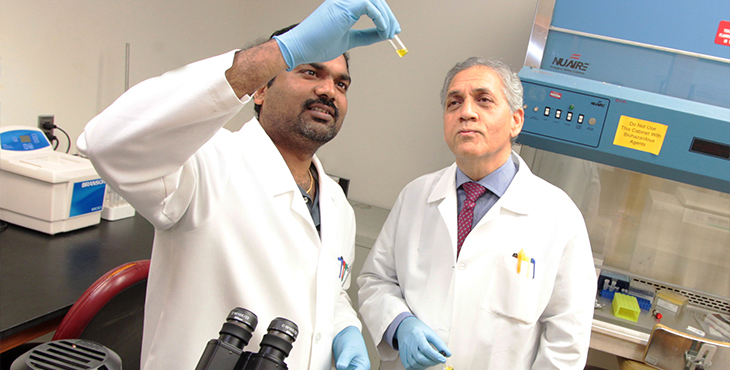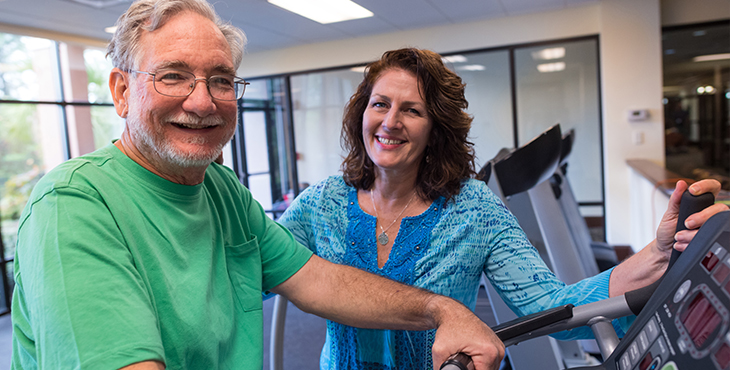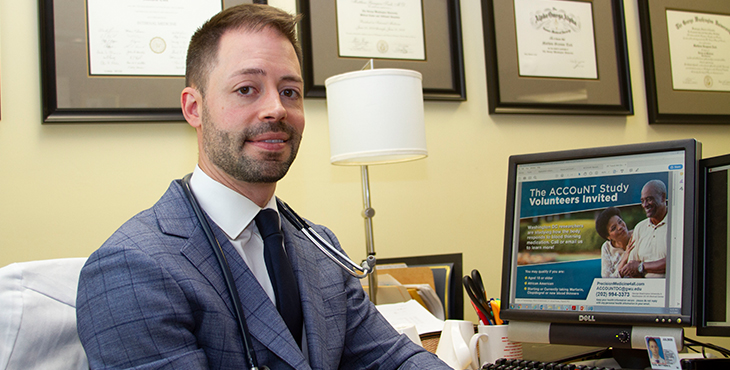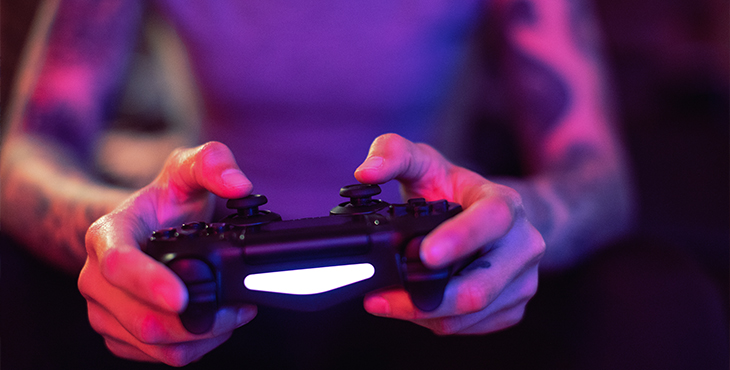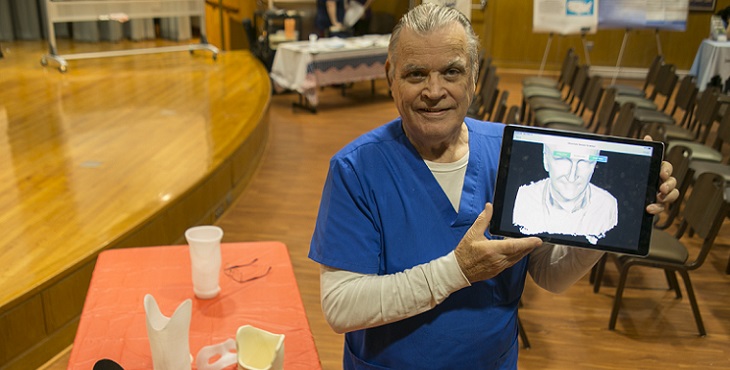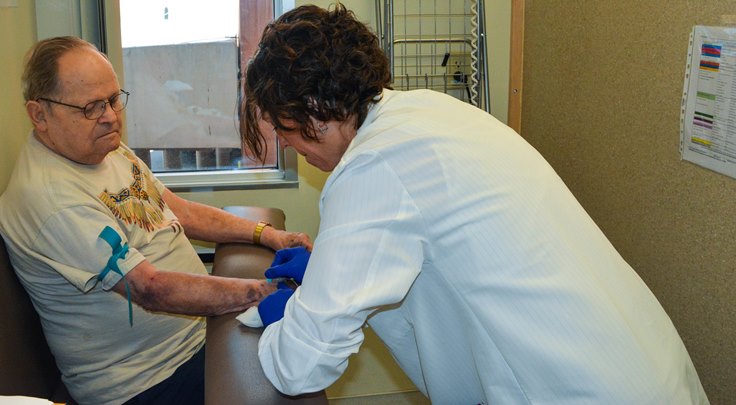The Technology Transfer Assistance Project (TTAP), an initiative of the VA Technology Transfer Program, aims to bring worthy VA discoveries closer to public use by supporting the creation of a working prototype and by consulting on pathways for commercialization.
A VA study found that a form of brain stimulation that can rapidly improve communication between neurons in the brain helped ease PTSD symptoms.
VA is already using artificial intelligence in several ways, such as for suicide prevention and cancer treatment. Now an effort is underway to widen the role of AI in VA care and research. To that end, VA has appointed its first-ever director of artificial intelligence.
A VA researcher in Little Rock aims to delay Alzheimer’s through a form of brain stimulation. The target population is those with mild cognitive impairment who display the psychological trait of apathy, shown to be a key risk factor for progression to full-blown dementia.
VA researchers have published long-term follow-up results from a major clinical trial involving Veterans with diabetes. Patients who had received intensive therapy to lower blood sugar levels saw no significant drop in heart attacks or strokes over the long term.
Scientists at the Southeast Louisiana Veterans Health Care System and Tulane University have announced a breakthrough in research that could lead to safer treatment of pain with less risk for addiction and overdose compared to currently available opioid medications.
In lab studies, VA researchers have developed a potential method to deliver arthritis medication directly to painful joints without risking side effects in the rest of the body.
VA clinical research studies abide by five overarching principles focused on protecting the safety and welfare of the Veterans who participate.
A physician-investigator at the Washington DC VAMC is a member of the African American Cardiovascular Pharmacogenomics Consortium, created in 2016 to advance precision prescribing—based on patients’ genes—of cardiovascular drugs for African Americans.
A recent study with a small sample of Veterans trying to recover from mental health issues found that video games can help in overcoming such problems as PTSD and substance abuse disorders.
South Texas VA’s senior prosthetist, Gordon Bosker presented 3-D printing technologies as part of South Texas’ Research Week celebration.
Research using MVP data is already underway with several studies, including efforts focused on understanding the genetics of post-traumatic stress disorder (PTSD), diabetes, heart disease, suicide prevention and other topics.

